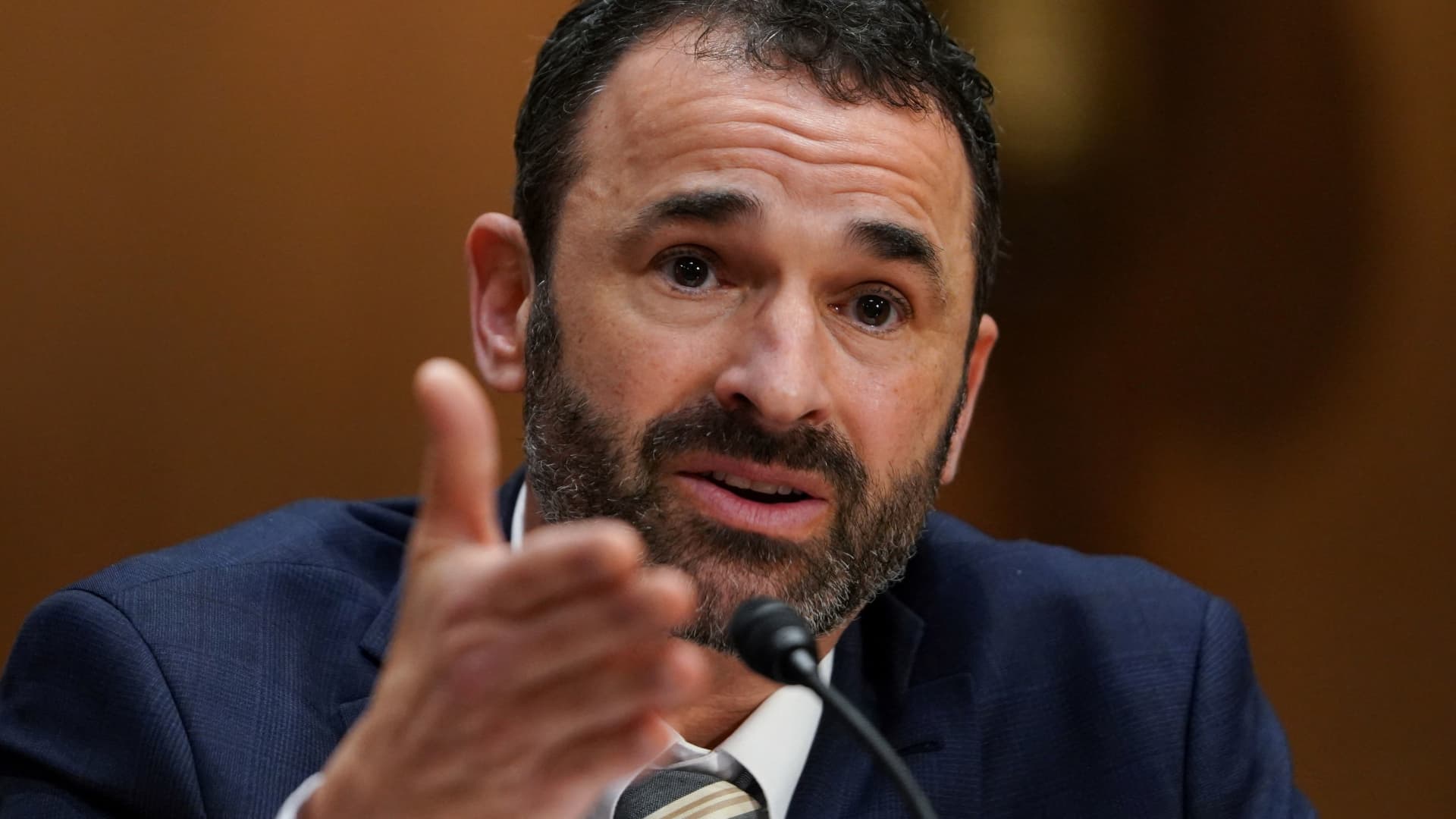Products You May Like
If you received business payments via apps such as PayPal or Venmo or e-commerce companies such as eBay, Etsy or Poshmark in 2023, your tax return may now be a little less complicated.
The IRS announced Tuesday that 2023 would be a “transition year” for a new tax reporting requirement affecting such payments. Once in place, it will trigger Form 1099-K for just $600 in payments, even if that income stemmed from a single business transaction.
For 2023, the old limit of more than 200 transactions worth an aggregate above $20,000 will remain in place. The agency will phase in the lower threshold by adding a $5,000 limit for 2024, but it didn’t specify a transaction limit. The $5,000 limit will apply to tax returns filed in 2025.
More from Personal Finance:
Here’s how to prevent a costly divorce
More part-time workers to get retirement plans next year
Black Friday deals aren’t as good as you think. Here’s how to snag even lower prices
The $600 threshold will go into effect for tax year 2025, and taxpayers over the limit can expect to receive a 1099-K at the beginning of 2026.
However, business payments have always been taxable and filers should still report 2023 income even if they don’t receive a Form 1099-K.
“We spent many months gathering feedback from third-party groups and others, and it became increasingly clear we need additional time to effectively implement the new reporting requirements,” IRS Commissioner Danny Werfel said in a statement.
The agency said it also plans on updates for Form 1040, which is used by taxpayers to file individual income tax returns, and related schedules, to “make the reporting process easier.”
“Taking this phased-in approach is the right thing to do for the purposes of tax administration, and it prevents unnecessary confusion as we continue to look at changes to the Form 1040,” Werfel said. “It’s clear that an additional delay for tax year 2023 will avoid problems for taxpayers, tax professionals and others in this area.”
The announcement comes amid bipartisan scrutiny of the reporting requirement, with lawmakers and industry professionals citing concerns about taxpayer confusion. Prior to the delay, the IRS was expecting an estimated 44 million 1099-Ks for 2023.
